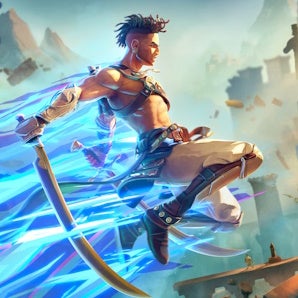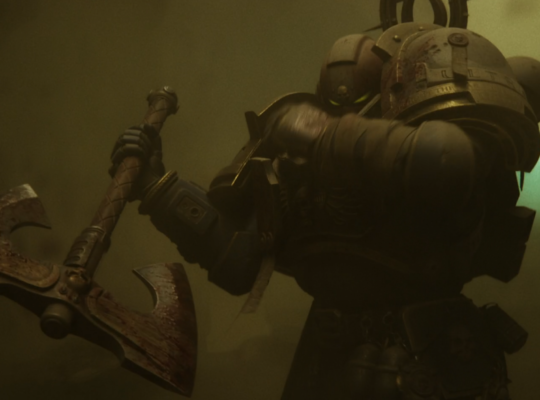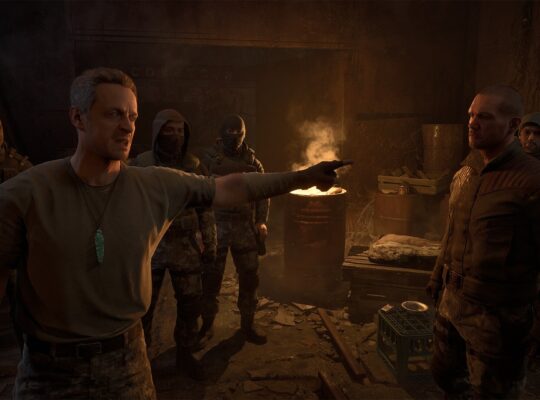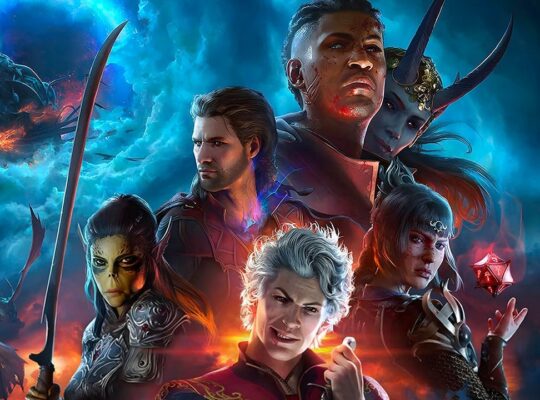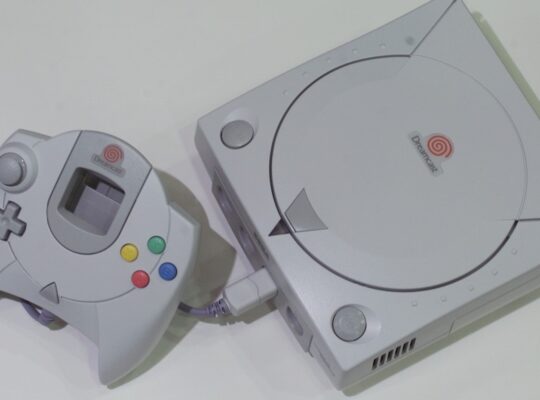December is a big month for me. It’s a time to celebrate the holidays with friends and family, surprise loved ones with unique gifts, and attempt to reconnect with the ever-growing monstrosity that is my backlog. December is also a time for me to reflect on games that launched throughout the year – especially those that continued to demonstrate the rise in accessibility acceptance, as well as push the innovative boundary for future titles.
2024 was rife with accessible games, spanning across numerous genres and developed by various sized studios. As the industry’s understanding and implementation of features and designs continues to evolve, games are far more accessible than before. And with this year-end issue of Access Designed, IGN would like to recognize several games for their accessibility excellence.
Runner-up: Dragon Age: The Veilguard
Bioware’s latest installment in its fantasy RPG series, Dragon Age: The Veilguard, is the purest definition of normalizing and standardizing accessibility. Not only does it demonstrate the studio’s increased commitment to disabled players since Dragon Age: Inquisition’s release in 2014, but Veilguard’s accessibility offerings also impressively cater toward an array of disabilities.
Visual features like subtitle adjustments, colorblind filters, and both melee and ranged threat indicators allow deaf and hard of hearing users to process gameplay information without audio. For blind and low vision players, Veilguard’s options offer audio indicators for incoming attacks, dialogue options, and interactive objects – all of which are crucial for combat, storytelling, and overworld traversal. Physically disabled players can remap controls, toggle options for mechanics like blocking, aiming, and holding inputs, and even remove QTEs and combos with rapid button presses.
Veilguard’s greatest accessibility achievement, though, comes in the form of dynamic difficulty. Difficulty is not unanimous. Not only do the rules, methods and understanding of challenge vary between studios, individual games, and player experiences – the majority of difficulty settings only tackle enemy aggression, player damage output, and player health. But in Veilguard, disabled players can alter settings like enemy resistances, enemy vulnerability, timing windows for dodging and parrying, enemy health and aggression. You can even toggle player death, allowing you to remain alive no matter how much damage you take. Combine that with settings that allow players to continuously access previously learned information, have consistent waypoints for objectives and overworld items, and the capability to pause whenever you like, and disabled players are given the chance they need to process each encounter or recover stamina.
Veilguard isn’t perfect. Some features like single stick movement and robust guidance systems are missing. Yet it still acts as the quintessential modern accessible experience. The industry continues to rightfully praise games like The Last of Us Part 2, but Veilguard demonstrates it’s time to move beyond the notion that a single game deserves all the accessibility praise. Instead, accessibility is evolving across the industry, and Veilguard is one of this year’s prime examples.
Runner-up: Botany Manor
It’s a common misconception that accessibility can only be achieved by companies owned by wealthy megacorporations like Microsoft or Sony. This belief that accessibility requires dozens of developers and untold amounts of money continues to plague innovation. But Botany Manor, a low-budget puzzle game, is proof that such a belief is a fallacy.
Developed by Balloon Studios and published by Whitethorn Games, Botany Manor is a soothing puzzle solving game set in a stately home in 19th century England. This genre is, admittedly, not my favorite – I prefer action and turn-based RPGs. But the accessibility features and design of Botany Manor made this game an unexpectedly pleasant surprise. For starters, it offers full support for mouse and keyboard or controller, depending on your preferred setup. It also offers single stick gameplay, with an option to toggle the capability to look around. Finally, a toggle to sprint is also offered.
That’s an admittedly small selection of options, but they’re augmented by Botany Manor’s impressive use of inclusive design. There are no time limits for solving puzzles; instead players are allowed to take as much time as needed to figure out ways to grow specific plants. Furthermore, puzzles are relegated to a select number of rooms per chapter. Rather than opening the entirety of the manor to players, which could feel overwhelming, those with physical and cognitive disabilities can preserve energy knowing puzzles are within sections.
Botany Manor is by no means perfect, as blind and low vision players will undoubtedly struggle without specific audio-based options. But an indie studio that creates a game with such accessibility-focused attention to inclusive design should be rewarded for its efforts. Botany Manor is proof you don’t need an extensive budget nor dozens of options to make puzzle games accessible.
Winner: Prince of Persia: The Lost Crown
The winner of this year’s accessibility award is bittersweet. Prince of Persia: The Lost Crown proved truly innovative for the Metroidvania genre. However, publisher Ubisoft recently disbanded the Montpellier-based development team and assigned them across several new projects, meaning that a sequel or future innovations from the studio has very little chance of happening. But I’m not awarding developers because of pity. Rather, I’m awarding the team because they created the most innovatively accessible experience of 2024.
The Lost Crown offers customizable controls, subtitles, audio indicators for varying attacks, and a toggle that automatically unfreezes your character when frozen by a frost status effect. But these options ultimately pale in comparison to the innovative Memory Shards and Guided Mode features.
The Metroidvania genre relies on extensive memorization and backtracking. Areas are meant to be explored numerous times throughout a playthrough, with each segment opening new layers on repeat visits as players acquire new tools or powers. Memory Shards allow players to place a screenshot of a location on the overworld map, reminding them of hidden items or barriers to new routes that can only be accessed with yet-to-be-acquired skills or equipment. Spotted a power up at the beginning of a zone that’s inaccessible? Just place a Memory Shard on the map to remind you to return when you’ve progressed. This feature has been praised as a gameplay tool in general, but it is an incredibly helpful tool for players of all cognitive abilities.
To coincide with Memory Shards, Guided Mode shows players precisely where their next objective is, as well as highlights any upcoming barriers along the path. Combined, these two features dramatically reduce the chance of cognitive overload while still respecting the core feature of a Metroidvania – exploration. While guides and placeable hints are not new to gaming, Metroidvania games have always been dense and obscure and, as a result, cognitively inaccessible. That is until the release of The Lost Crown. This year’s Prince of Persia really is a game (and genre) changer.
2024 continued the trend of improving accessible experiences for disabled players. No longer are we expected to follow specific studios for accessible games. From AAA to indie, disabled players are no longer confined to specific genres because of accessibility offerings. And while barriers still exist, 2024 is indicative of increasing support from studios that continuously adopt the best accessibility practices. Some shortcomings aside, 2024 was as accessible as ever, and another fantastic year for disabled players.
Grant Stoner is a disabled journalist covering accessibility and the disabled perspective in video games. When not writing, he is usually screaming about Pokémon or his cat, Goomba on Twitter.


